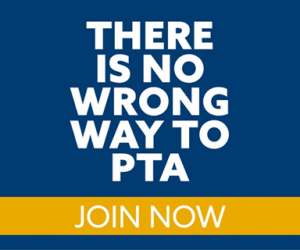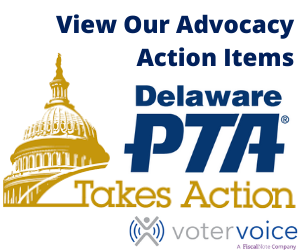As parents, advocates, teachers and administrators dig through the annual IDEA (Individuals with Disabilities Education Act) performance report; everyone knows that Delaware’s needs improvement status means that we are still failing a very large portion of or students with disabilities. The outcome is that these at risk children will continue to fall short of their potential. Worse yet is that while Delaware might be improving, the rate of improvement is so slow, that at best it will be decades before we are even close to this goal. We are simply not keeping up with the rate at which best practices are improving.
Even if in the foreseeable future Delaware is able to move the needle from needs improvement to meets requirements, simple technical compliance still falls short of what our true goal should be; which is to adequately and appropriately support the needs of our children with disabilities. For Delaware to successfully move forward, everyone one, at every level of the education system, must abandon minimum compliance as the goal and raise their sights to fully supporting children with disabilities.
If we were to rate our state, districts and charters on the goal of fully supporting children with disabilities, we would undoubtedly find that the vast majority would receive a grade of a D or F
We have an Exceptional Children’s workgroup at the Delaware Department of Education which is making strides in effective stakeholder collaboration and they work tirelessly to try to make progress. However, they are woefully under-resourced to support accelerating the rate of progress to where we can meet this goal in foreseeable future. Even our best districts and charter schools, are far short of having an accomplishable path to meet this goal.
The science and related best practices for educating children with disabilities has advanced dramatically during the past decade. So much so that it is widely known what is needed to allow every child to meet their full potential. Despite this, Delaware education leaders still chose to place their priorities elsewhere, leaving at risk students and other vulnerable populations to pay for their failures.
Our newly forming district and charter special education councils and statewide advocacy organizations, provides the perfect opportunity for parents, advocates and teachers to come together and demand more accountability of our education leaders. If our leaders cannot recognize that mere technical compliance will not improve outcomes for children with disabilities, then it is our job to show them what it means to full support children with disabilities, and band together and demand a realistic and timely plan for meeting our children’s needs.
Bill Doolittle is the current Delaware PTA President Elect and Special Education Advocate.




